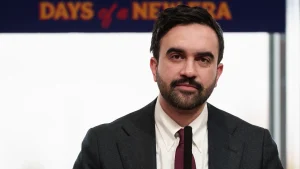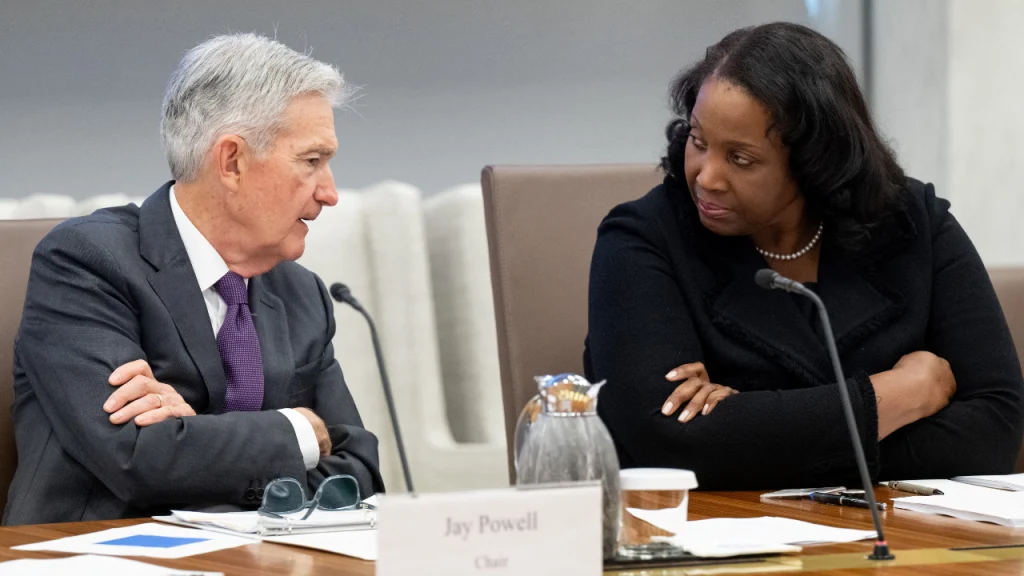Supreme Court to Review Trump’s Effort to Fire Fed Governor Lisa Cook
In a significant development that could reshape the relationship between the presidency and the Federal Reserve, the Supreme Court has agreed to review President Donald Trump’s unprecedented attempt to remove Federal Reserve Governor Lisa Cook from office. The high court will hear oral arguments in January while allowing Cook to maintain her position until then. This case represents the first time in the Federal Reserve’s 111-year history that a president has tried to remove a sitting governor, threatening the institution’s carefully guarded independence from political pressure.
The Trump administration’s appeal to the Supreme Court comes after lower courts blocked the president’s removal effort. U.S. District Judge Jia Cobb issued a preliminary injunction preventing Cook’s termination, ruling that Trump failed to meet the stringent “for cause” requirements needed to remove a Fed governor. Judge Cobb specifically noted that Cook could not be removed for conduct that allegedly occurred before her appointment. When the D.C. Circuit Court of Appeals voted 2-1 against Trump’s request for intervention, his administration escalated the matter to the Supreme Court for emergency review, arguing that the Fed’s “uniquely important role” in the U.S. economy heightens the public interest in resolving the case.
At the heart of the dispute are allegations from the Trump administration that Cook committed mortgage fraud prior to her appointment—claims she firmly denies. Trump’s lawyers have argued that “the president may reasonably determine that interest rates paid by the American people should not be set by a governor who appears to have lied about facts material to the interest rates she secured for herself.” This case arrives against a backdrop of Trump’s months-long pressure campaign urging the Federal Reserve to cut interest rates to stimulate economic growth, raising questions about whether the removal attempt represents a legitimate response to misconduct or an effort to gain greater control over monetary policy.
Cook’s legal team has framed the president’s actions as an unconstitutional power grab, arguing that his attempt to terminate her well before the end of her 14-year term violates both her Fifth Amendment due process rights and her statutory protections under the Federal Reserve Act. This legislation was specifically designed to insulate Fed governors from political interference, allowing them to make monetary policy decisions based on economic data rather than political considerations. Cook’s attorneys suggest Trump is attempting to install his own nominee to secure a majority on the Fed board, which would give him unprecedented influence over interest rate decisions affecting the entire U.S. economy.
The Supreme Court has previously sided with Trump in similar cases involving the removal of appointees from independent agencies. In May, the Court allowed Trump to provisionally fire two independent board members—Gwynne Wilcox from the National Labor Relations Board and Cathy Harris from the Merit Systems Protection Board—both Democratic appointees. However, even in that ruling, the Court distinguished those agencies from the Federal Reserve, describing the central bank as a “uniquely structured, quasi-private entity that follows in the distinct historical tradition of the First and Second Banks of the United States,” suggesting the Fed may warrant special consideration in removal cases.
The outcome of this case could have profound implications for the Federal Reserve’s independence and, by extension, the U.S. economy. If the Supreme Court rules in Trump’s favor, it would dramatically expand presidential authority over an institution traditionally insulated from political pressures. This would mark a seismic shift in how monetary policy is determined in the United States, potentially allowing future presidents to remove Fed governors who don’t align with their economic agenda. Conversely, if the Court sides with Cook, it would reaffirm the Fed’s independence and the crucial separation between political cycles and monetary policy decisions. With oral arguments scheduled for January, both economic and legal experts will be closely watching what could become one of the most consequential cases affecting the U.S. financial system in decades.















